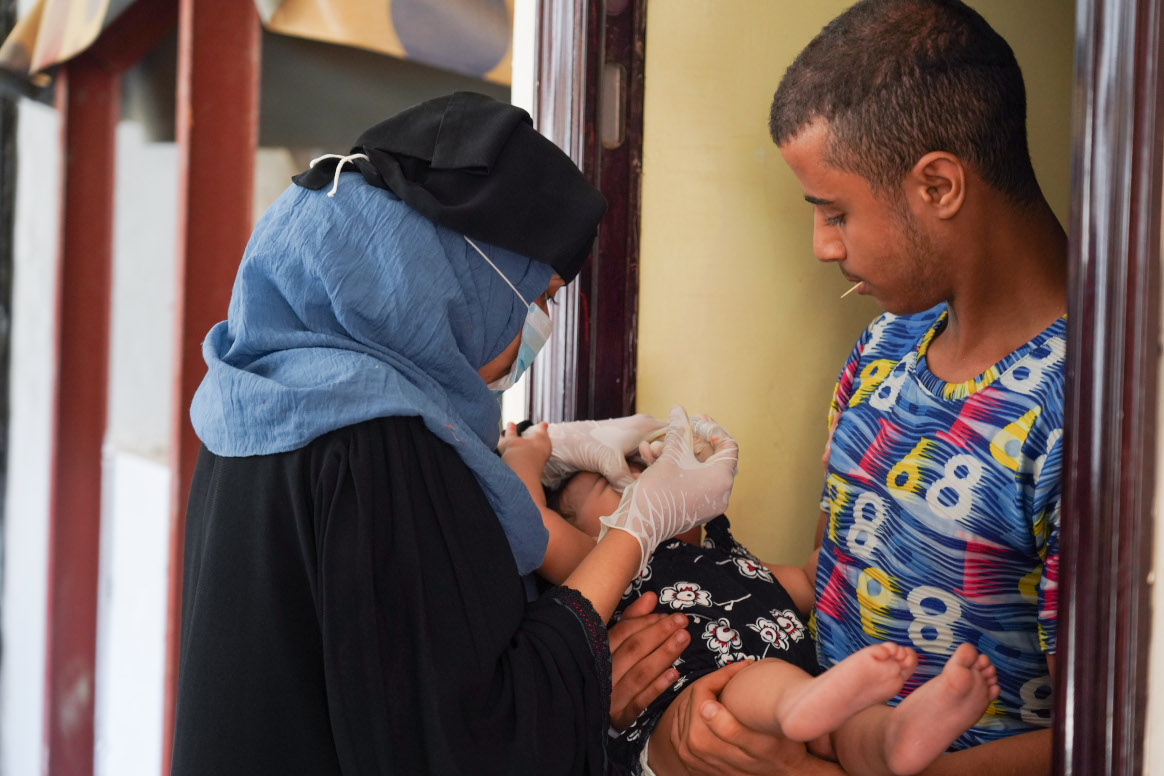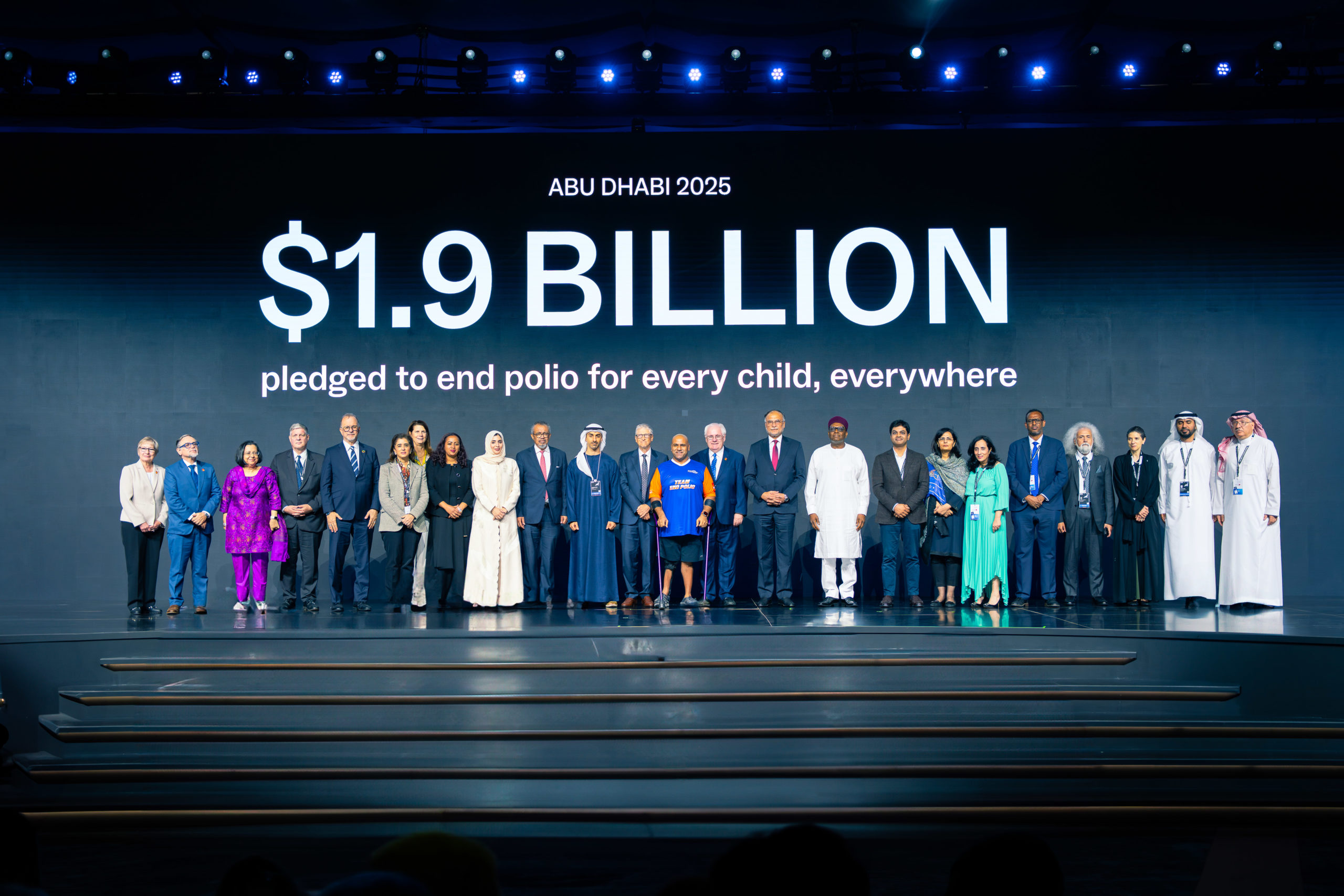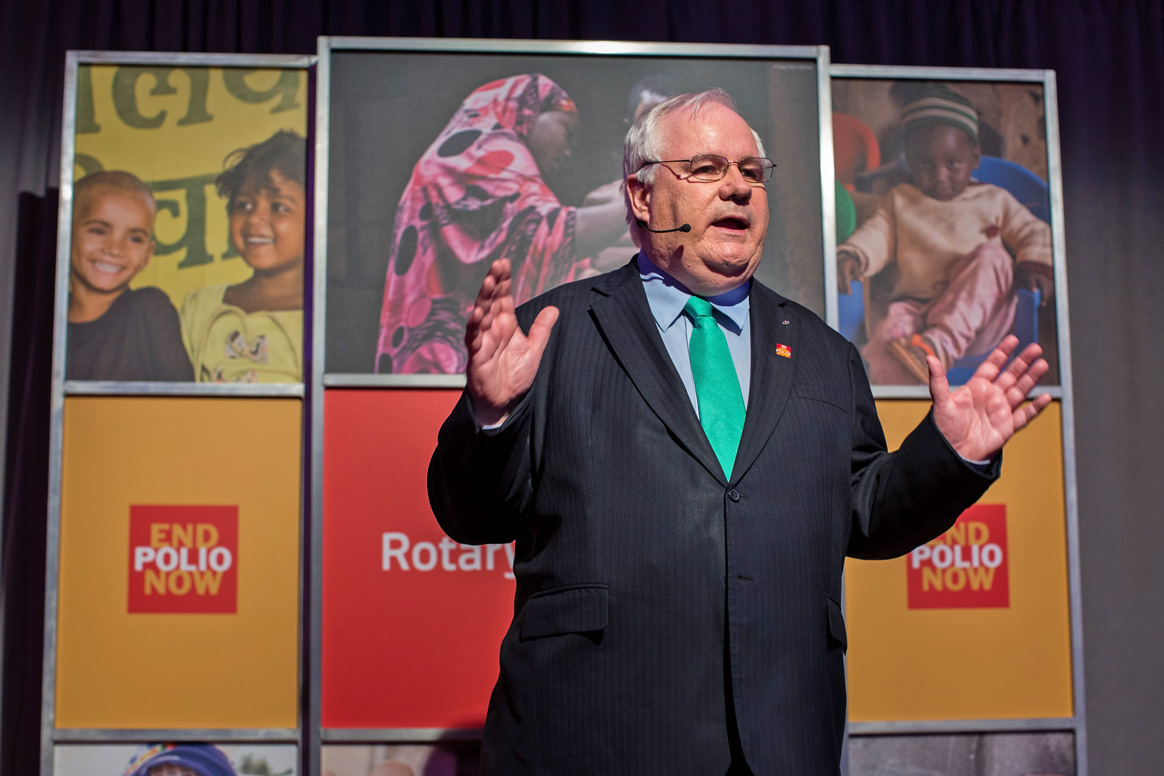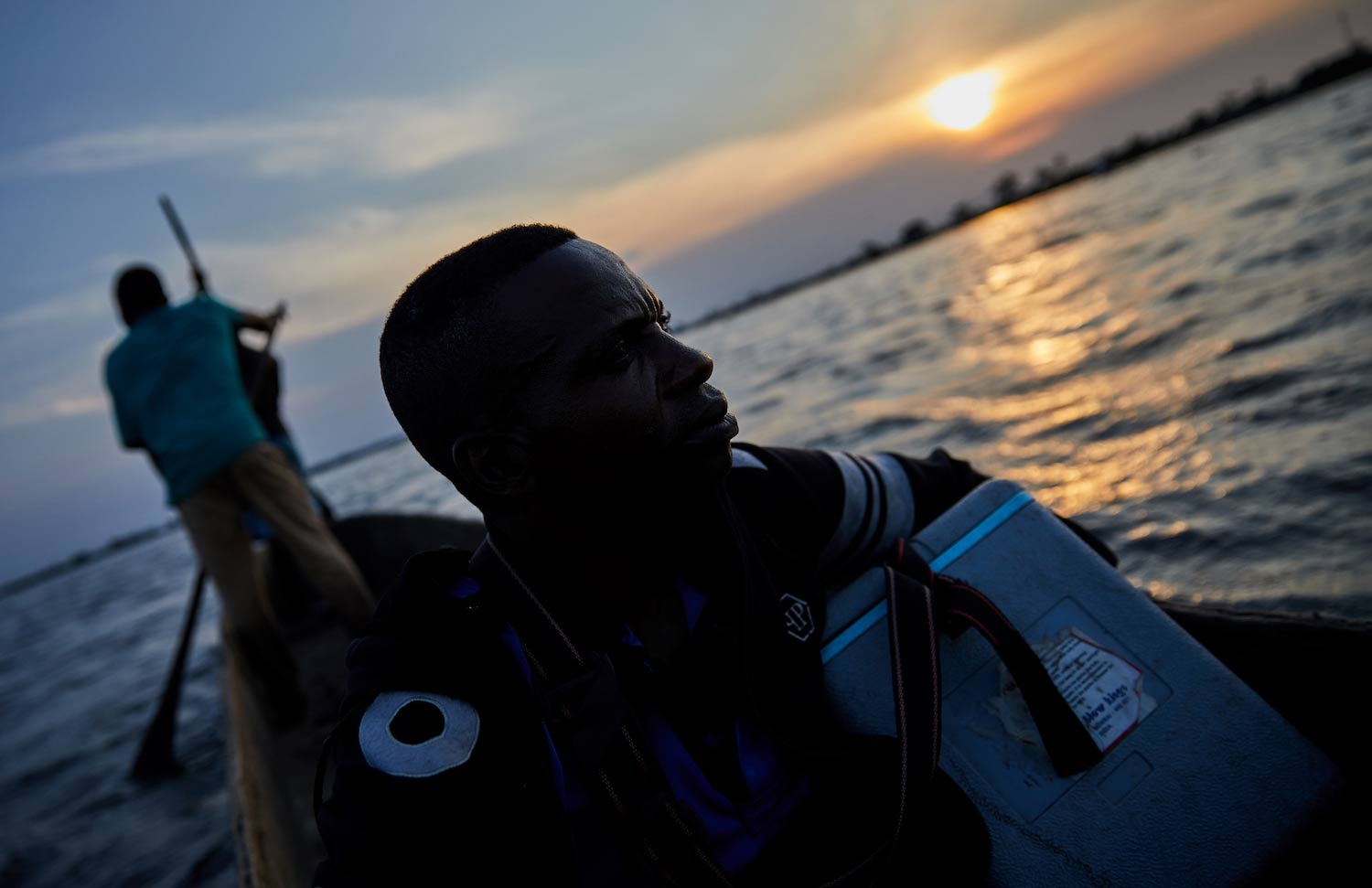
The COVID-19 pandemic has brought the need for strong health systems and global health security into sharp focus. Last week, the United Kingdom’s Foreign, Commonwealth and Development Office (FCDO) agreed a £30 million increase in the first payment to the World Health Organization of their 2019 – 2023 pledge, meaning that the total amount released for polio eradication activities is £70 million. Coming amidst challenges posed by the COVID-19 pandemic, including a growing immunity gap, this gesture is a testament to the UK government’s strong commitment to investing in high impact programmes that strengthen global health security – including the polio programme.
Throughout the COVID-19 pandemic, the Global Polio Eradication Initiative (GPEI) has played an integral role in the global response, contributing physical assets, outbreak response expertise and a trained workforce to slow the spread of the novel coronavirus. This support was largely made possible thank to donors like the United Kingdom.
The United Kingdom is a historic donor to efforts to end polio, committing an exceptional £400 million to eradication activities in the period from 2019 – 2023. Since 1985, the UK has contributed over US $1.6 billion, and has played an integral role in preventing the paralysis of more than 18 million children.
Widespread polio vaccination efforts over the past 30 years have led to a 99.9% decrease in global polio cases. Health workers, local governments, global partners and generous donors have made this progress possible. The increased payment by the UK will ensure that this progress against polio is not lost due to disruptions by the COVID-19 pandemic, and that the polio programme can continue to play an essential role in supporting pandemic response efforts around the world.
As the U.K. prepares to host the upcoming G7 meeting, the GPEI is hopeful that issues around global health security and health systems strengthening, to which polio can contribute, will be prioritized.



